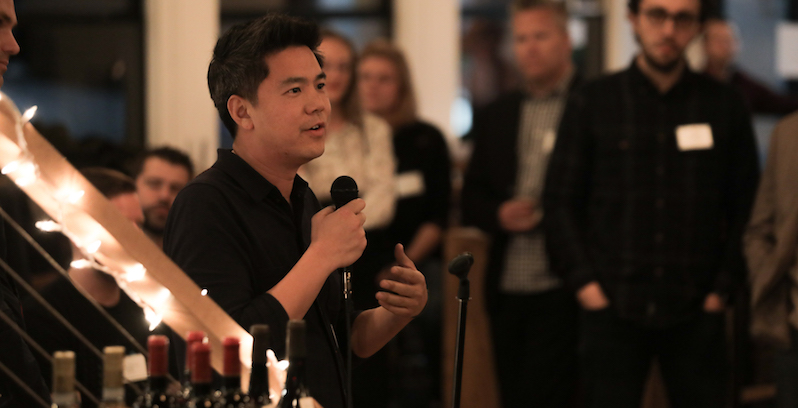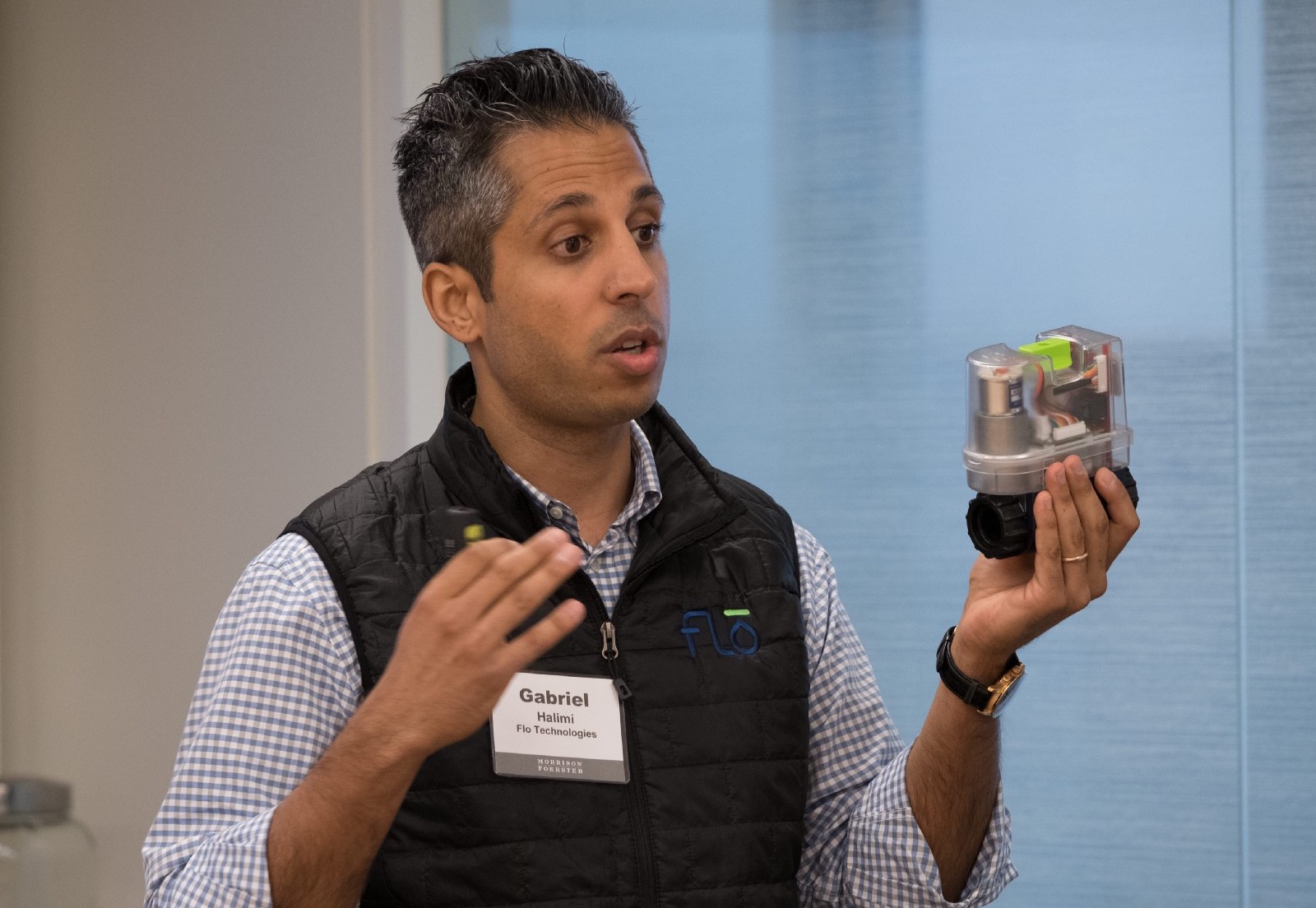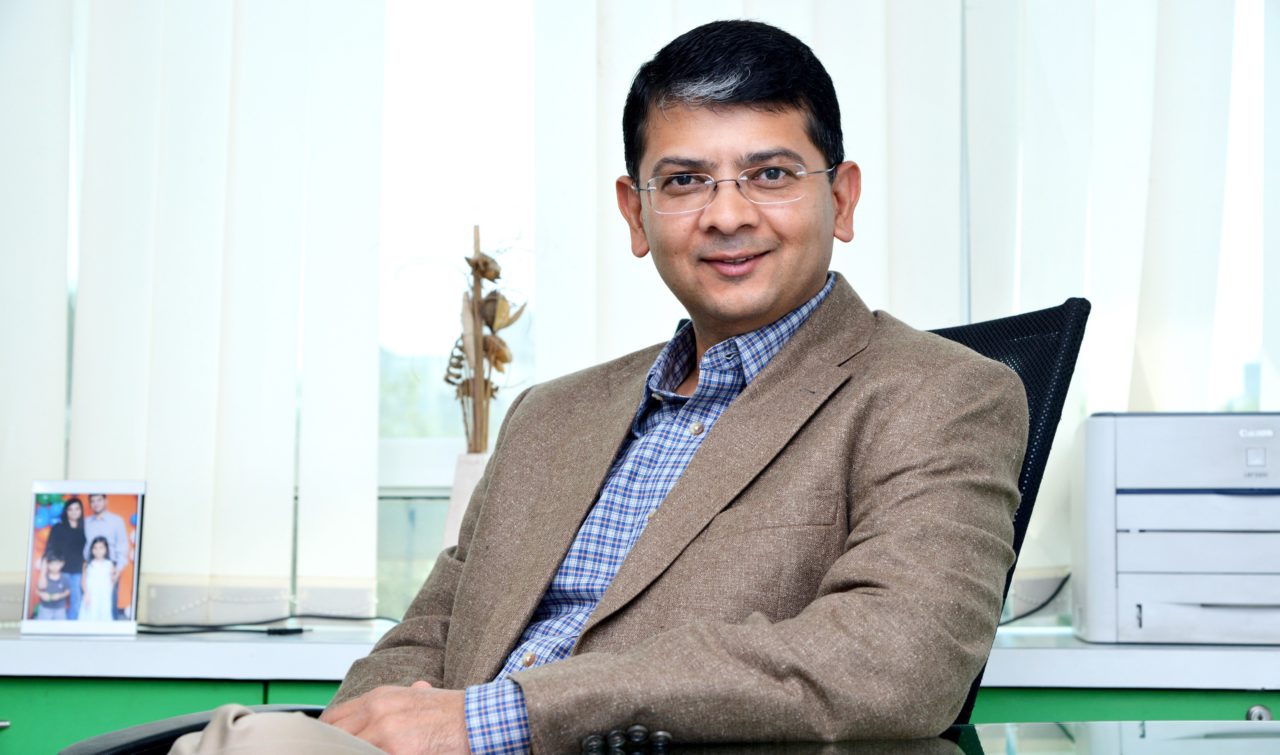
It’s time to watch out for budding startup TravelBank. Before founding the travel start-up in 2016, Co-Founder Duke Chung sold his first venture, Parature, to Microsoft for $100M in 2014. Now, the Series B startup has raised $35M and is focused on attracting the right team and staying focused on their vision. Read on for Duke’s thoughts on:
- Why focusing on building a great product is more important than positioning your company for acquisition
- If you expect to be an overnight success as a founder, you’ll be in for disappointment
- How to think through your monetization strategy
- Why it’s a mistake to think that once you raise, the hard work is done
Q: In 2014, you sold your first startup, Parature, to Microsoft for $100M. Can you talk about the acquisition landscape then opposed to now? What differences do you see?
Duke: When we sold our company we were acquired for our products and for our knowledge of the customer service space after being in business for over 10 years. We had a lot of revenue and a proven product that was being used by more than 3,000 customers. Today the landscape is very different. There’s a race to innovate faster than ever, and we are seeing companies focus on acquiring companies much earlier for talent around specific domain expertise.
Q: How can founders at the Series A stage or earlier position their startups for acquisition?
Duke: I don’t think it’s the right mindset to position your company for acquisition, rather you should focus on building a great product and then focus on developing a sustainable business as your first priority. Once your business is working, your progress will be more appealing for an acquirer who may discover you along the way.
You should focus on building a great product and then focus on developing a sustainable business as your first priority. @duke_chung @travelbankhq
Q: During your journey as a 2-time founder, any mistakes made or lessons learned along the way? What were they?
Duke: If you expect to be successful in a couple of years, it is really hard. If you’re willing to work hard for 10 years or more, you may have a chance. (We worked on our first business for many years before we sold to Microsoft). The founder who sold their business for a billion dollars in 9 months is a story about luck and not a success story. A startup is a marathon and not a sprint.
A startup is a marathon and not a sprint. @duke_chung @travelbankhq
Q: Why travel? Why did you choose this sector now?
Duke: Travel and expense is one of the remaining enterprise categories that lacks new innovation. We believe there is an opportunity today to deliver a delightful and complete expense and travel experience for every business user.
Q: TravelBank has a unique pricing and rewards structure. It’s obvious you have spent time thinking through your monetization strategy. Many entrepreneurs struggle with monetizing their product. Can you lay out your thought process when approaching monetization?
Duke: First, we focused on our approach for reducing the cost to acquire users. Now we are attracting hundreds of new users across various organizations each day with very little marketing. Second, we honed in on a premium user segment, the business user. Business users today spend more than $1.2 trillion on corporate travel globally. Much that is still unmanaged, creating an opportunity for us to make money by helping our users book their business trips.
Business users today spend more than $1.2 trillion on corporate travel globally. @duke_chung @travelbankhq
Q: You raised $30M for Parature before it was acquired and $35M for TravelBank. Do you have any advice about fundraising that founders haven’t heard a thousand times before?
Duke: People may envision start-up success and the good life that follows, but the reality is that in running a venture-backed company, there is no future state that is all about relaxation. You will have to upshift from 60 mph to 90 mph to 120 mph. Your pursuit to grow your business and desire to fulfill your vision means that you have to keep going at it day after day, year after year.
In a venture-backed company, there is no future state that is all about relaxation. @duke_chung @travelbankhq
Q: What is one thing you wish you knew at the beginning of your journey as a founder that you know now?
Duke: Some people think that after you raise funding the challenges become less because you have more money, when in fact that is when the work and challenges really begin. The more money you raise, the higher the bar, the bigger the challenges. You need more people, more product and more process to help you scale. Every phase is just practice for the next phase.
The more money you raise, the higher the bar, the bigger the challenges. @duke_chung @travelbankhq
Q: What’s next for you? What are the risks that you see moving forward?
Duke: We’re working very hard to make sure we are delivering value to our customers every day. Staying focused and attracting a talented team to help us accomplish this mission will remain our biggest challenge ahead.
Duke will be sharing these insights and more during his keynote at fnIRL— our global conference in the heart of downtown San Francisco, May 17th. Learn more about fnIRL here.
The travel & expense app that rewards you for saving.







